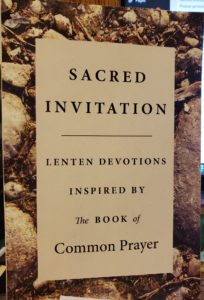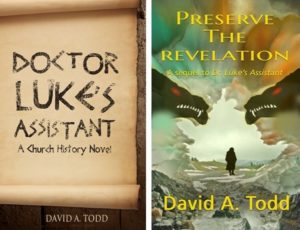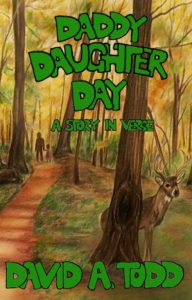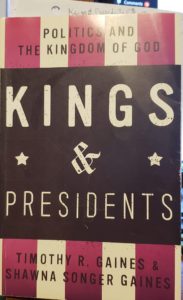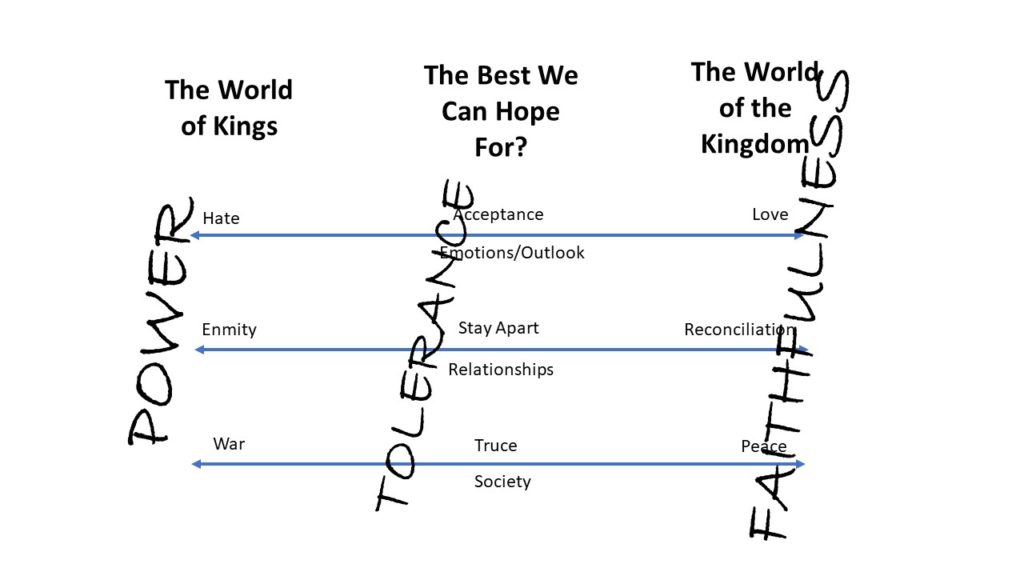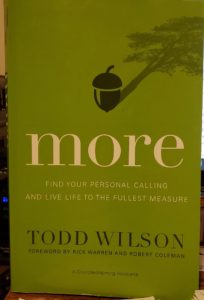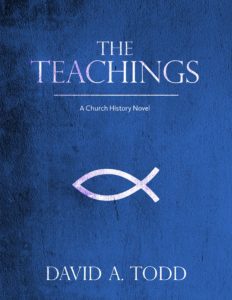
It was about nine years ago—or maybe eight—when I finished writing and publishing a book, I forget which one now. I could probably look back at posts on this blog to see which one. But my point is that I didn’t have the next book or story planned. I didn’t know what I was going to do next.
I had several things in mind that I wanted to write, things that I had outlined at least in part. Which to do? I decided to write the first chapter of each and see which one seemed right. I did this for four full-length books. One just seemed to flow with no trouble at all. One was really labored. The other two were in between. So I wrote the one where the words flowed best and set the others aside until later.
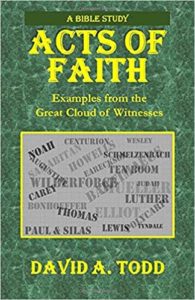
That’s where I am now. I finished writing The Teachings in February and published it in May. Since then I’ve been working on the book of the history of our church in advance of our 100th anniversary. I’ve been kind of poking along on it, since the deadline is so far out. I might finish it this month—the words, that is. Illustrations will take a little longer. I do a little on it almost every day. But the end is in sight. Time to be thinking about the next project.
But what to do? As I said before, I don’t have any real sense of what it should be. Therefore, I now plan to do what I did before: write something of each of the projects and see which one seems to flow easiest; that will then be the one I write. What are those projects, and where do they stand at this time?
First is a Bible study. Our Life Group studied the Last Supper over Lent and Easter this year. As I prepared lessons, I wrote notes that would go into a Bible study. Since I teach only every other week, I didn’t tackle this from beginning to end, but as I studied for the weeks I taught and as I took time to do it. In preparation for this post, I looked at my files and find them confusing. I have three Bible study files. The one most recently saved is clearly not the most complete, based on word count. I’ll have to somehow merge the files. My best guess is that I have a little over 8,000 words written. The full study will almost certainly need 30,000 words.
Second is the next volume in my Documenting America series, tentatively titled Run-up To Revolution. As I’ve said before, I completed the basic reading for research, but have yet to do any actual writing. I started outlining the book, and accessing source documents for editing. There’s a lot of work there. But, I actually have two chapters that are borrowed from the first Documenting America book (with a few edits). I expect this book to run 45-50,000 words.

Third is a short story in my Sharon Williams Fonseca, Unconventional CIA Agent series. The story line has been rolling around in my head for some time. Sunday and Monday I decided to begin writing it. It currently stands at about 1,100 words, with 6,000 words the probable length. This writing went very easy.
Fourth is the story I mentioned in my last post, The Forest Throne. A short-ish book for 10-14 year olds, this will be my first time writing for other than an adult audience. I’ve brainstormed some of this but am not 100 percent sure how it will come together nor how long it will be. According to plan, I began writing this on Tuesday. the words flowed easy. I worked at it only an hour or so, and was surprised to find I’d written almost 1,400 words.
So what is going to be next? Darned if I know. It will be either the short story or The Forest Throne. I’ll have to write a little more in each. You can be sure I’ll say something about it here.
